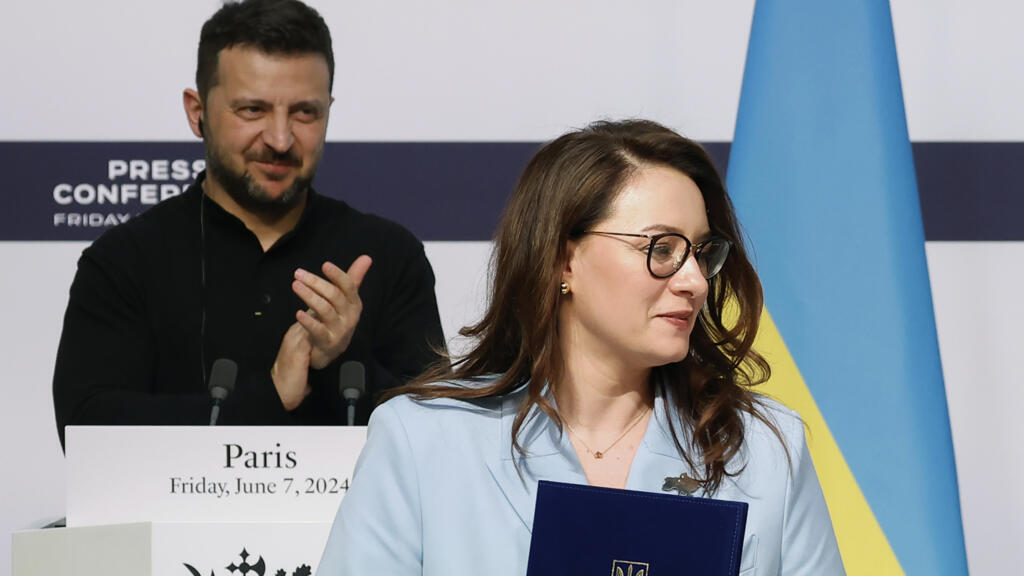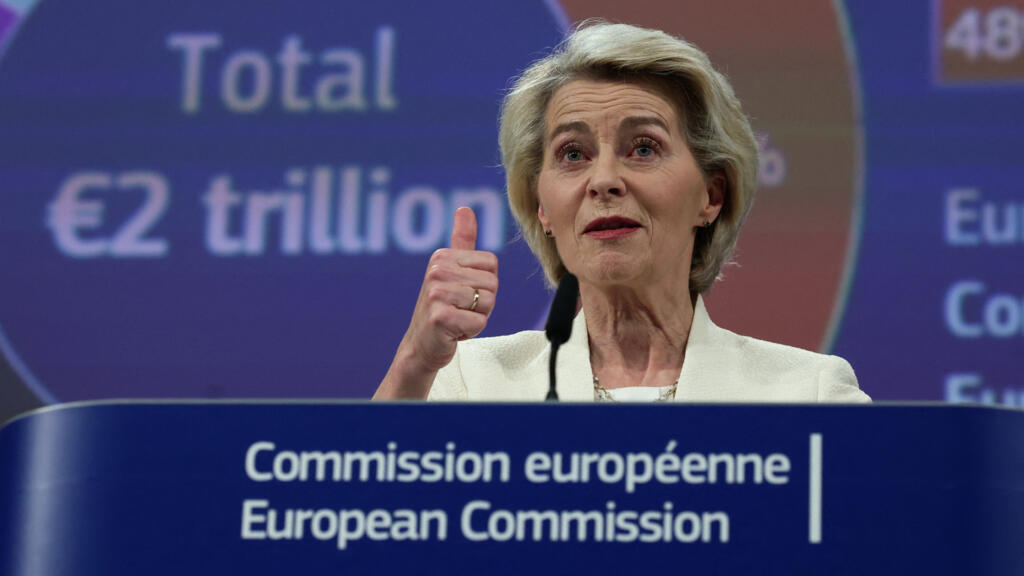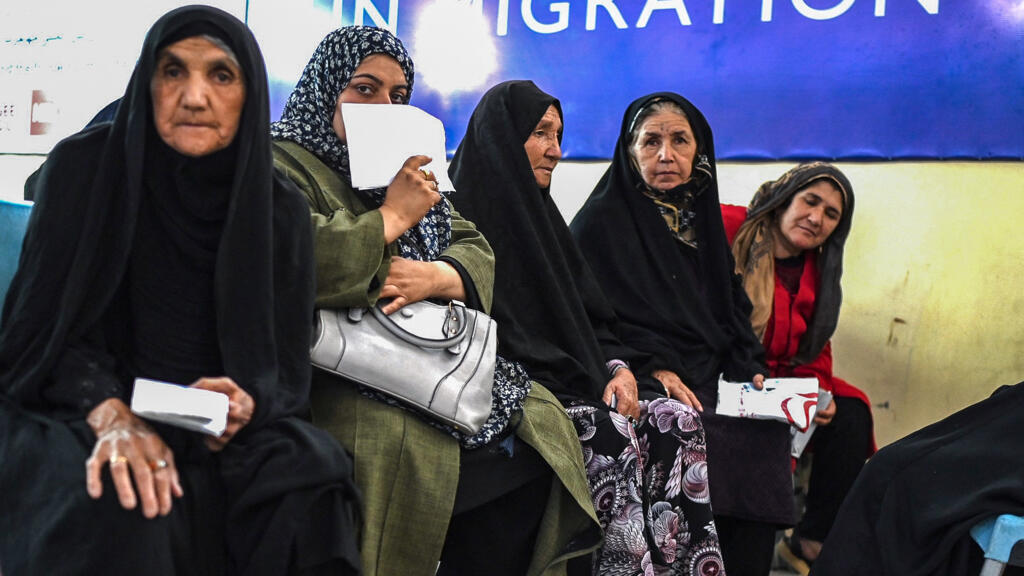Ukrainian Government Reorganization: Key Appointments and Strategic Moves
In a significant shift in its governance structure, Ukrainian President Volodymyr Zelensky has announced a government reorganization that has been the subject of speculation for several weeks. This restructuring comes at a crucial time as Ukraine continues to navigate complex geopolitical challenges amid its ongoing conflict with Russia. The reorganization sees the appointment of Rustem Umerov, the current Defence Minister, as the new ambassador to the United States, while Yulia Svyrydenko, an accomplished economist, has been appointed as the new Prime Minister.
Rustem Umerov's transition from Defence Minister to the role of ambassador is particularly noteworthy, as it highlights Ukraine's intention to strengthen its diplomatic ties with the U.S. Umerov has been instrumental in overseeing military strategies and reform efforts aimed at modernizing Ukraine's armed forces. His appointment as ambassador signals a strategic move to enhance Ukraine's advocacy and support in Washington at a time when military and economic assistance from the United States remains critical for Ukraine's defense capabilities.
Meanwhile, Yulia Svyrydenko brings a wealth of experience to her new role as Prime Minister. Prior to her appointment, Svyrydenko played a pivotal role in negotiating a landmark natural resources agreement with the United States. This agreement is significant as it grants Washington preferential access to various swathes of Ukraine's vast mineral wealth. The potential economic benefits from this arrangement could bolster Ukraine’s economy, providing much-needed resources and support for reconstruction efforts and long-term development.
The new appointments are expected to bring fresh perspectives to Ukraine's government and are aligned with Zelensky's vision of revitalizing leadership in key areas of governance. As Ukraine seeks to position itself more favorably on the global stage, having strong and capable leaders in critical roles is essential. With Umerov representing Ukraine in the U.S., there is hope for enhanced coordination on military support, while Svyrydenko's economic expertise could lead to beneficial international partnerships.
Overall, these strategic appointments by President Zelensky signal a proactive approach to not only address internal governance challenges but also to navigate external relations more effectively. The reorganization reflects an understanding of the urgent need for strong leadership amidst ongoing challenges and opens up new avenues for collaboration with international partners, particularly the United States. As these leaders take up their new roles, their ability to forge strong diplomatic and economic ties will be closely monitored, with implications that could impact Ukraine's future direction significantly.












